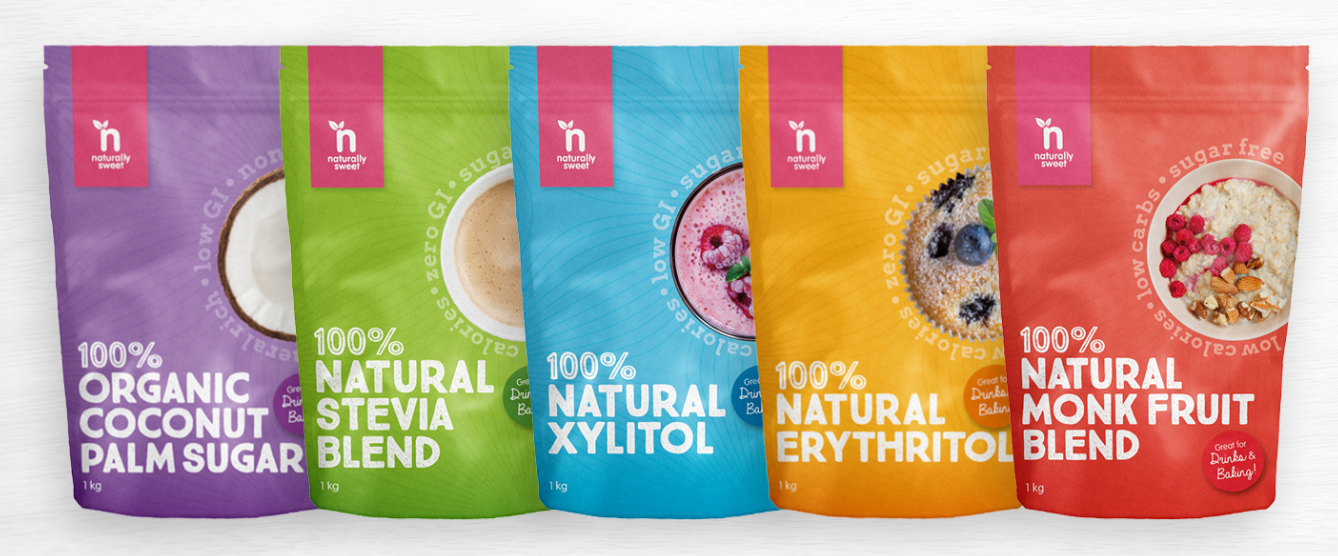What is Xylitol?
Xylitol is a naturally occurring sweetener which is alcohol based, low in calories and is an effective agent in cavity prevention. First isolated by Emil Fischer in 1891, it was not used commonly as a sweetener in food until the 1960’s even though it is similar in appearance to sugar, albeit with 46% fewer calories. However, it has been more expensive to use than other sweeteners, contributing to the development of the artificial sweetener market, with which Xylitol cannot be associated.How Does Xylitol Prevent Cavities?
Xylitol is naturally produced in the body as well as through the mastication of fruits, vegetables and other food sources and is a natural inhibitor of bacteria development specific to dental caries, which are commonly known as cavities. There are many factors involved in the inhibiting action of Xylitol, its similarity to sucrose in chemical construct arguably being most prevalent. Since sucrose is the only sugar that certain micro organisms (S. mutans) can use to colonize on teeth, bacteria is attracted to and Xylitol and feeds upon it, but because Xylitol cannot be digested, the micro organisms are effectively starved. This natural process staves off the formation of plaque, allowing teeth to remineralize over time.If Xylitol were recommended by dentists as a first choice sweetener of foods and drinks, lifelong colonization of unfriendly bacteria could be significantly reduced, and this would further inhibit the lifelong development of plaque, effectively prolonging the longevity of teeth. The combinatorial benefits and effects that Xylitol provides should make it a first choice for dental patients who suffer from hard surface tooth decay.



